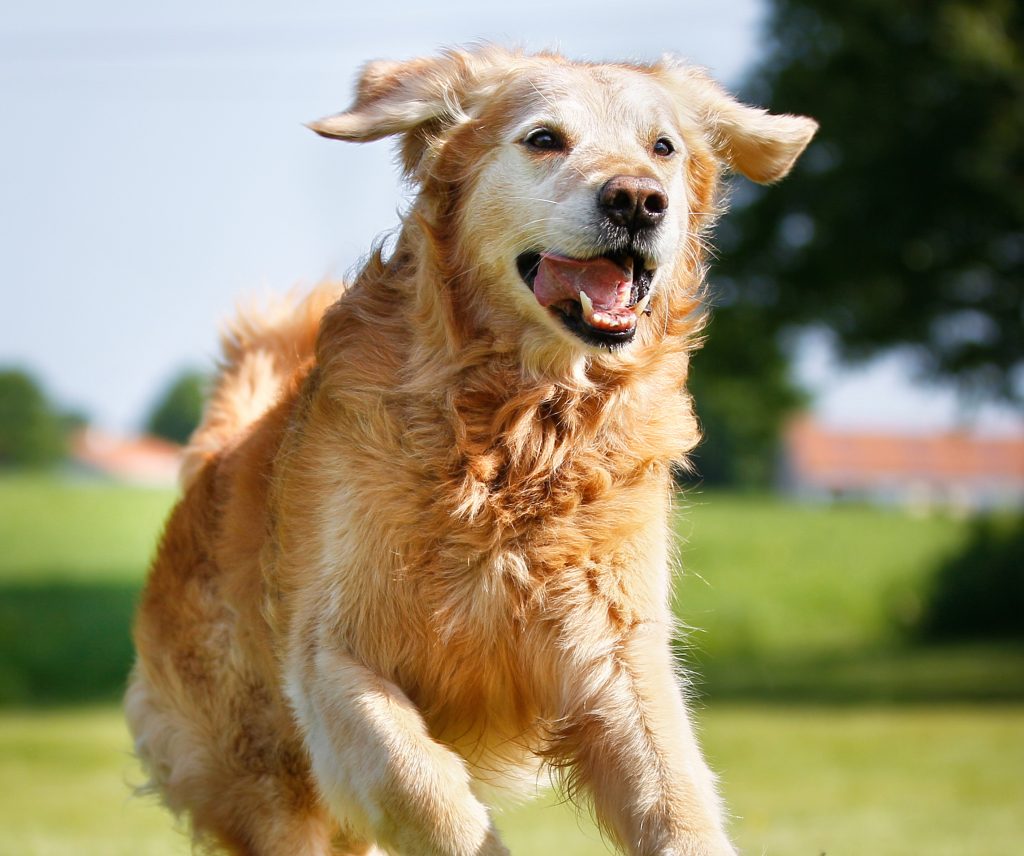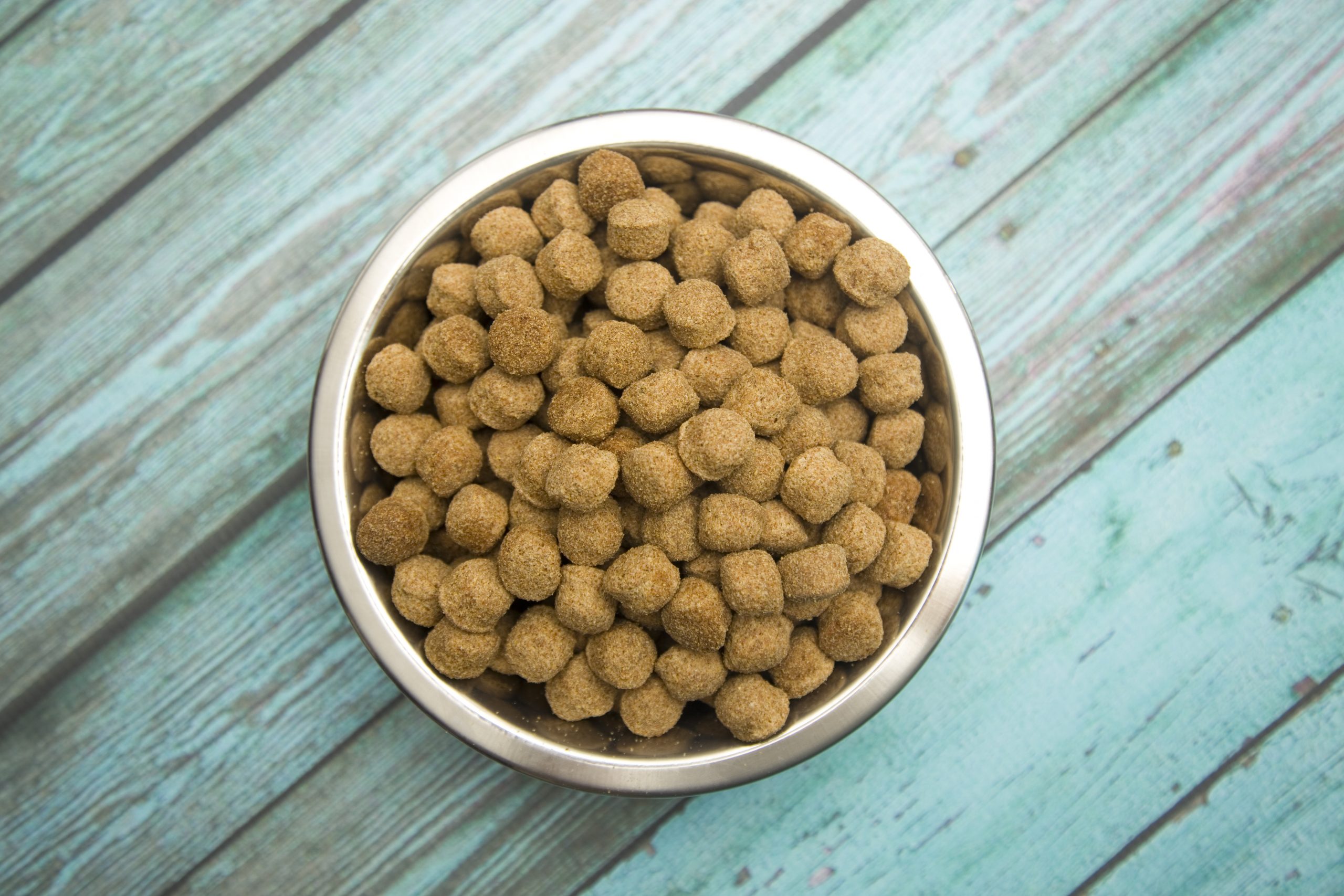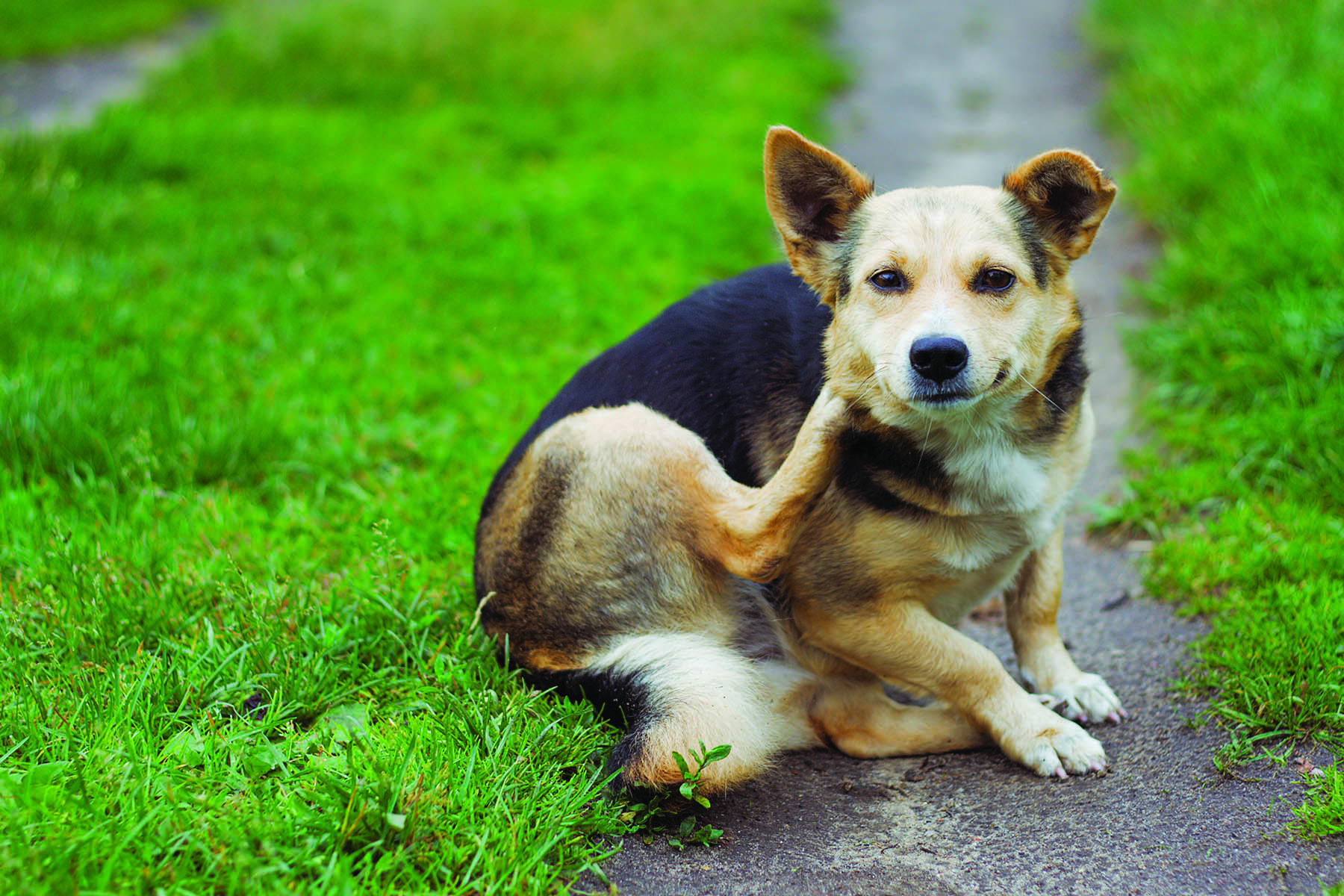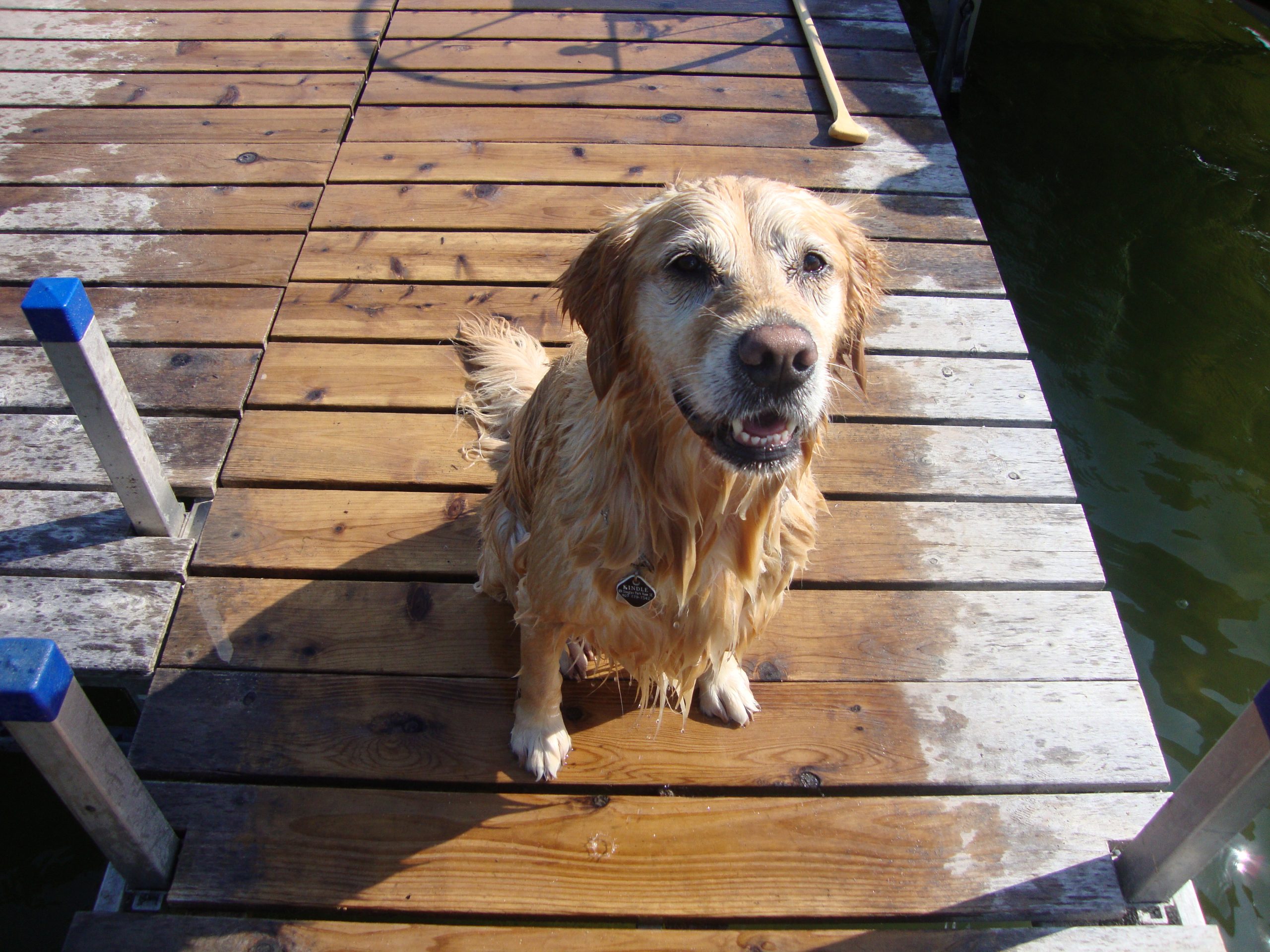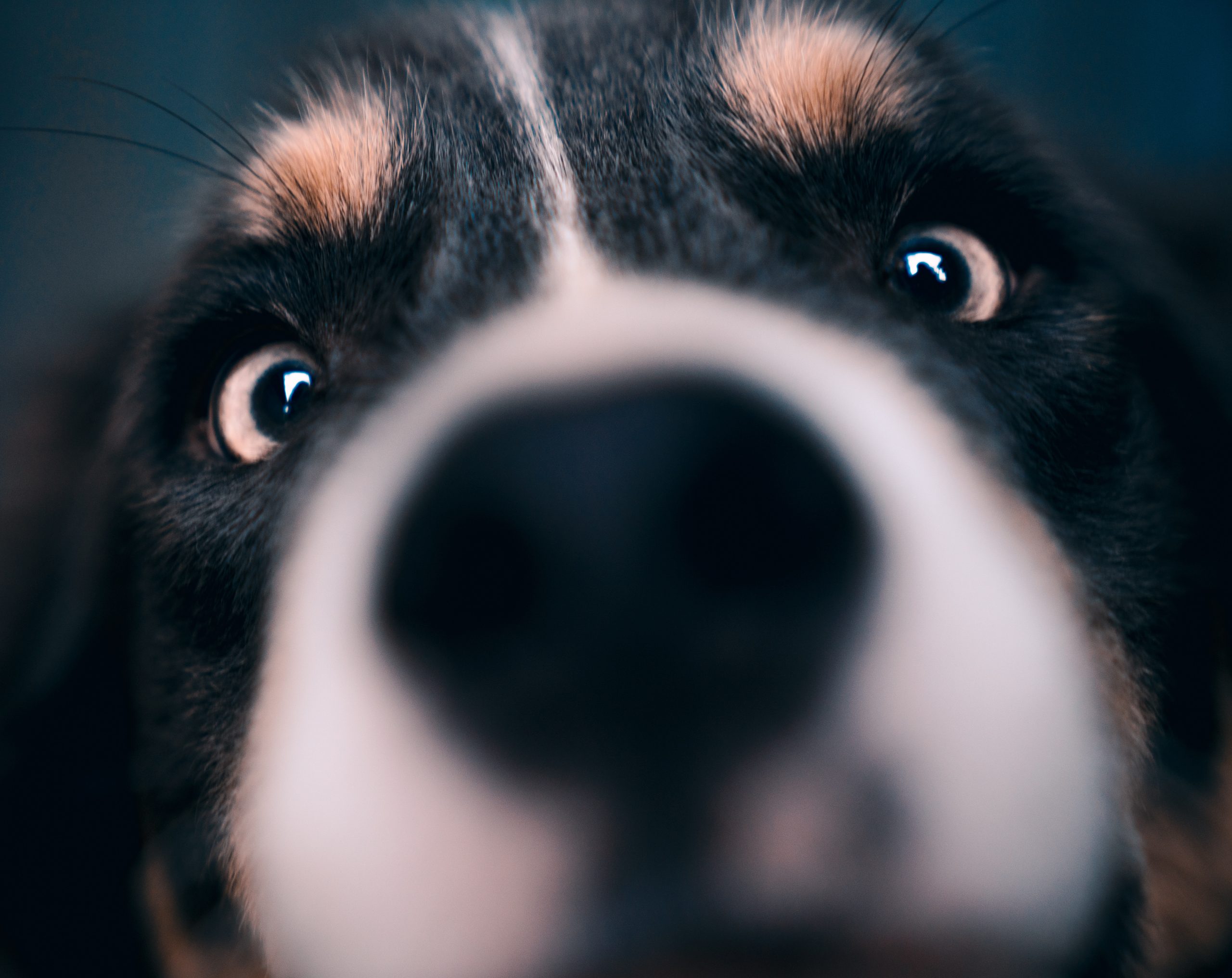Our beloved pets are living longer than ever before due to modern veterinary medicine, improved nutrition, and an ever increase in the bond between the pet and their Guardian family. These days, life has become more stressful, and pets have become more important to us. They give us there all and ask for little in return.
Paying back and helping them live a long and comfortable life includes recognizing that many pets can spend the majority of their life as a senior. Veterinarians agree that dogs become seniors between the ages of 7-9 and cats around 10.
Small breed dogs generally live longer than larger and giant breeds and can live well beyond 15 or 16 years. Cats now frequently live twenty years and beyond.
As a pet’s age increases and approaches the senior stage in life, it is essential Guardians begin to address some of the changes that occur later in life and how that process can be delayed or slowed down.
Older pets often need a little more consideration as they age to maintain the best quality of life for as long as possible.
The body’s metabolism slows, older pets become less active, the systems of the body become less efficient and start to wear. Planning ahead before changes become obvious is the best time to begin focusing on the special needs of older pets to keep them happy and give them the best chance to live a long and comfortable life.

